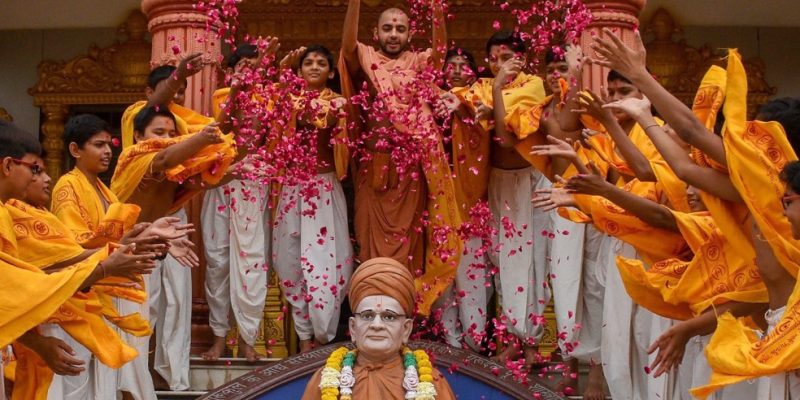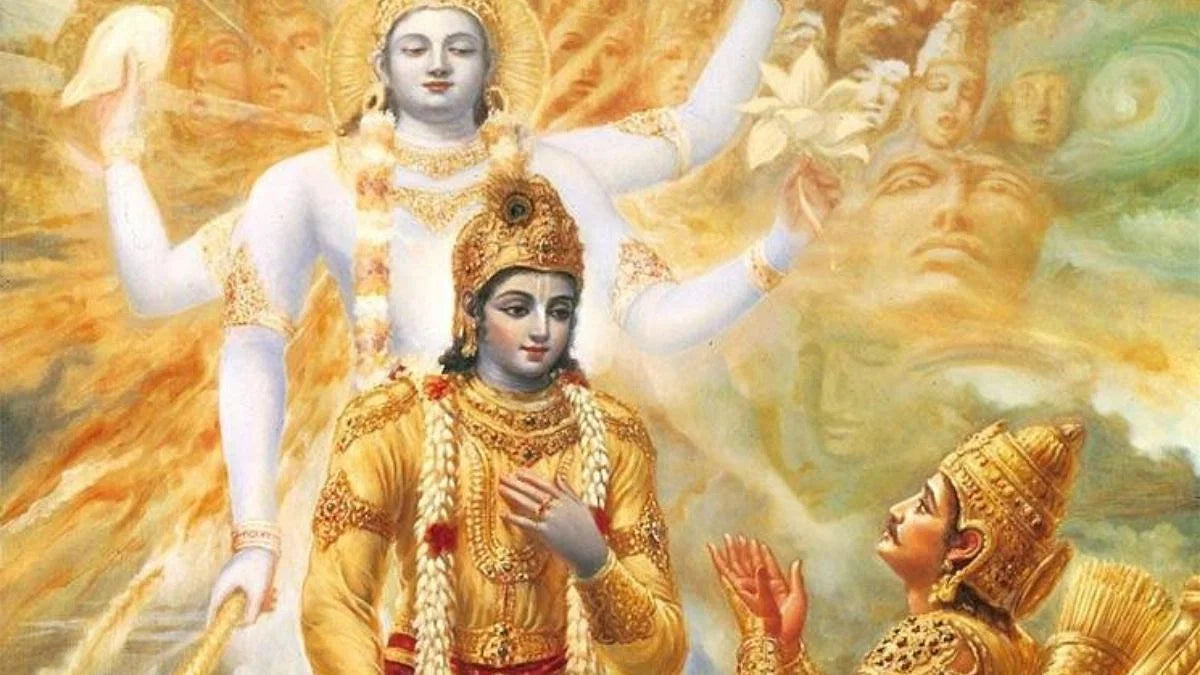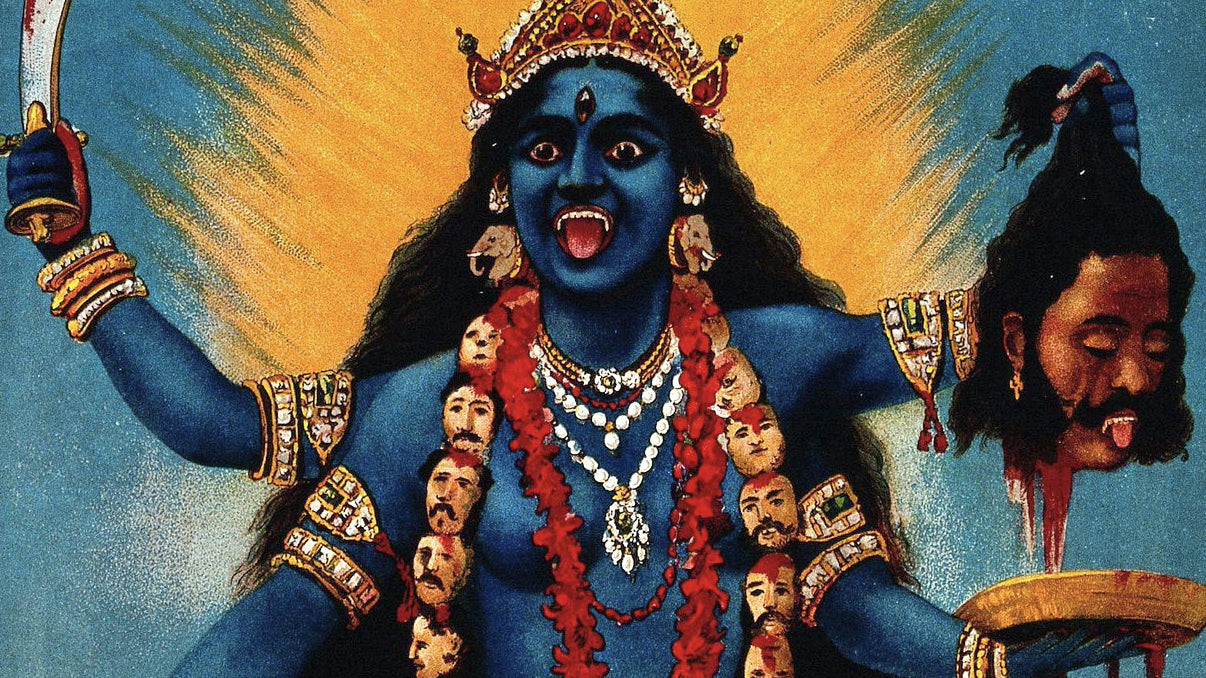
The history and significance of the Guru Purnima festival - Anime Devta
The history and significance of the Guru Purnima festival
Guru Purnima is a significant festival in India that honours and pays respects to gurus, or spiritual teachers. The festival falls on the full moon day of the Hindu month of Ashadha, which usually falls in July or August. In this blog, we will delve into the history, significance, and celebrations of the Guru Purnima festival in detail.
History of Guru Purnima
The tradition of honouring gurus on the full moon day of Ashadha can be traced back to ancient India. Gurus were considered to be the guiding force in a person's spiritual journey, and their teachings were highly valued. The festival is believed to have started during the time of Ved Vyasa, who is considered to be one of the greatest gurus in Hinduism. Ved Vyasa is known for compiling the four Vedas, the Mahabharata, and the Puranas.
According to legend, Ved Vyasa was born on this day, and he started the tradition of gurus being honored on this day. It is said that on this day, disciples would gather at the ashram of their guru and offer gratitude and respect.
Another legend associated with the festival is the story of the Buddha's first sermon. It is believed that on this day, the Buddha gave his first sermon at Sarnath in Uttar Pradesh. The sermon, known as the Dhammacakkappavattana Sutta, or the Setting in Motion of the Wheel of Dharma, marked the beginning of the Buddha's teachings.

Significance of Guru Purnima
Guru Purnima is a day to pay respects to one's spiritual teacher, or guru, who is believed to be the guiding force in a person's spiritual journey. The festival holds great significance for Hindus, Buddhists, and Jains.
In Hinduism, the guru is considered to be the embodiment of God and is worshipped as such. The guru is believed to be the one who can lead the disciple from darkness to light, from ignorance to knowledge, and from death to immortality.
In Buddhism, the guru is known as the spiritual friend who guides the disciple on the path to enlightenment. The Buddha himself is considered to be the ultimate guru, and his teachings continue to inspire and guide people on the path to enlightenment.
In Jainism, the guru is known as the spiritual preceptor who helps the disciple to overcome the obstacles on the path of spiritual progress.

Celebrations of Guru Purnima
The celebrations of Guru Purnima vary from region to region in India, but there are some common traditions that are followed across the country.
Disciples gather at the ashram or the place of their guru and offer flowers, fruits, and sweets as a mark of respect and gratitude. They also perform puja, or worship, to their guru.
In some parts of India, processions are taken out on this day, and people sing bhajans, or devotional songs, in praise of their gurus. In some places, people fast on this day and spend the day in prayer and meditation.
In the ancient tradition of Guru-Shishya Parampara, or the lineage of the teacher and disciple, the guru would give a discourse on this day. The disciple would then offer dakshina, or a token of respect, to the guru. This tradition is still followed in some parts of India.
The festival is also a time for students to express their gratitude to their teachers. Schools and colleges organize special events to honour the teachers and to acknowledge their contribution to the students' lives.
In recent years, the celebration of Guru Purnima has extended beyond India's borders. The festival is now celebrated by spiritual communities around the world, and people gather to honour and pay respects to their gurus.
Conclusion
Guru Purnima is an important festival in India that celebrates the importance of gurus in one's spiritual journey. It is a day to pay respects to one's guru, reflect on their teachings, and renew one's commitment to the spiritual path.
The festival has its roots in ancient India, and it has been celebrated for centuries. The celebrations of Guru Purnima vary from region to region, but the common traditions include gathering at the ashram or the place of the guru, offering gratitude and respect, and performing puja.
Guru Purnima is a reminder that the journey of spiritual growth is a continuous process, and one needs the guidance and support of a guru to navigate it. The festival is a celebration of the bond between a guru and a disciple, and it will continue to inspire and uplift people for generations to come.
Author
Darshita Nautiyal
(The images used in this podcast are not owned by Anime Devta, they are just to help the readers)

